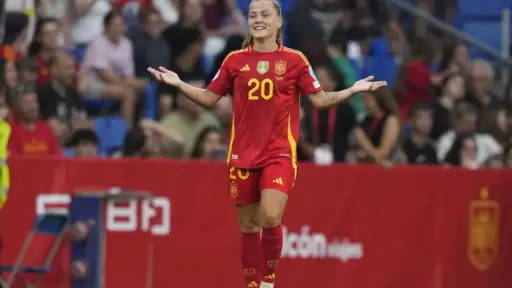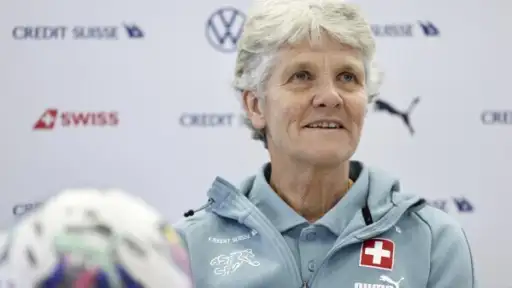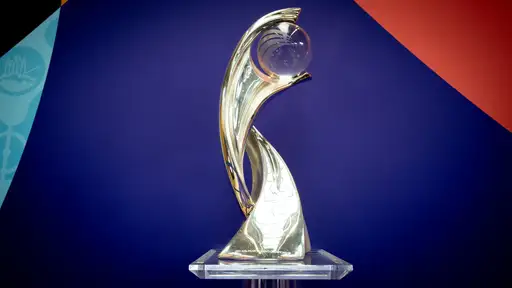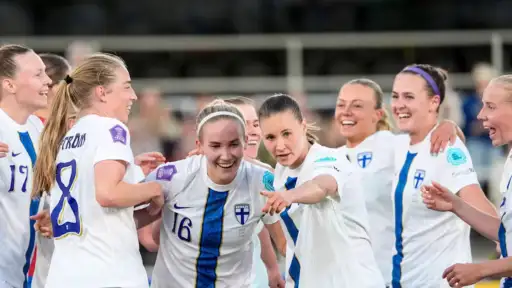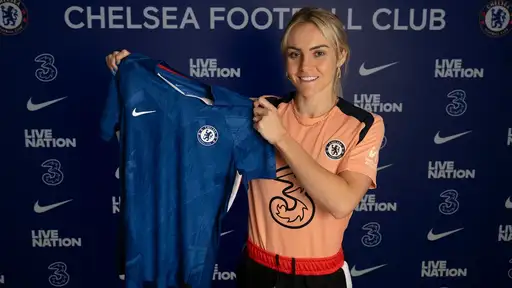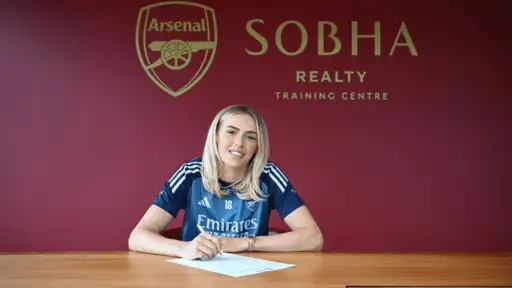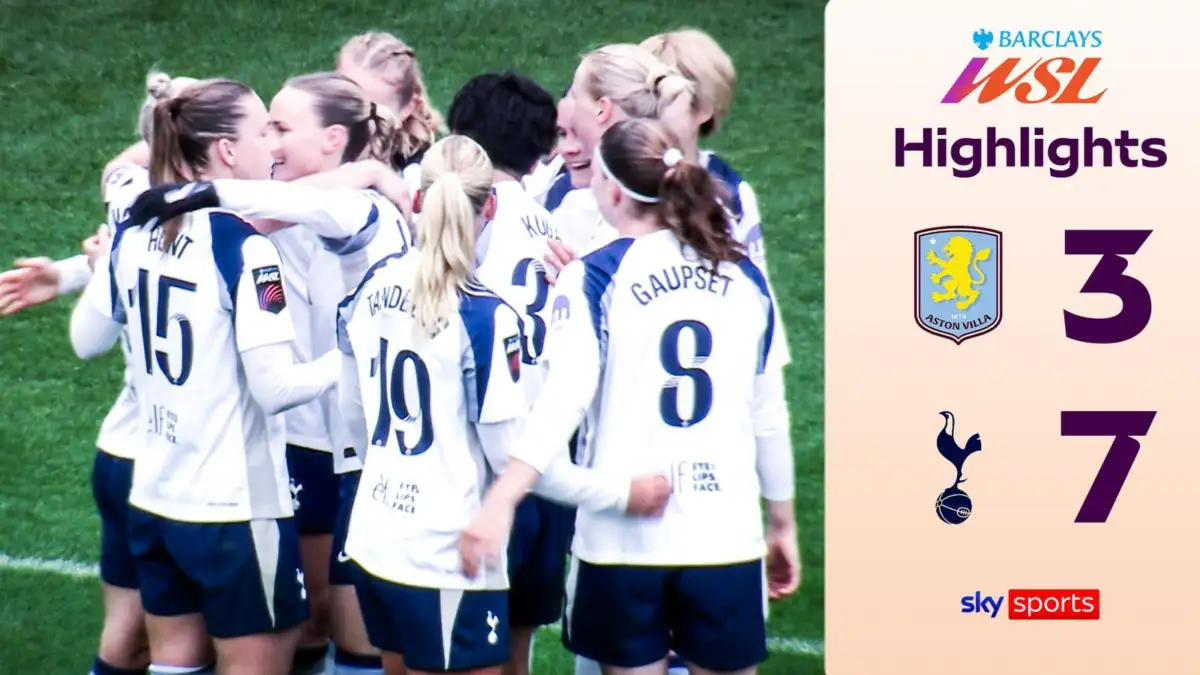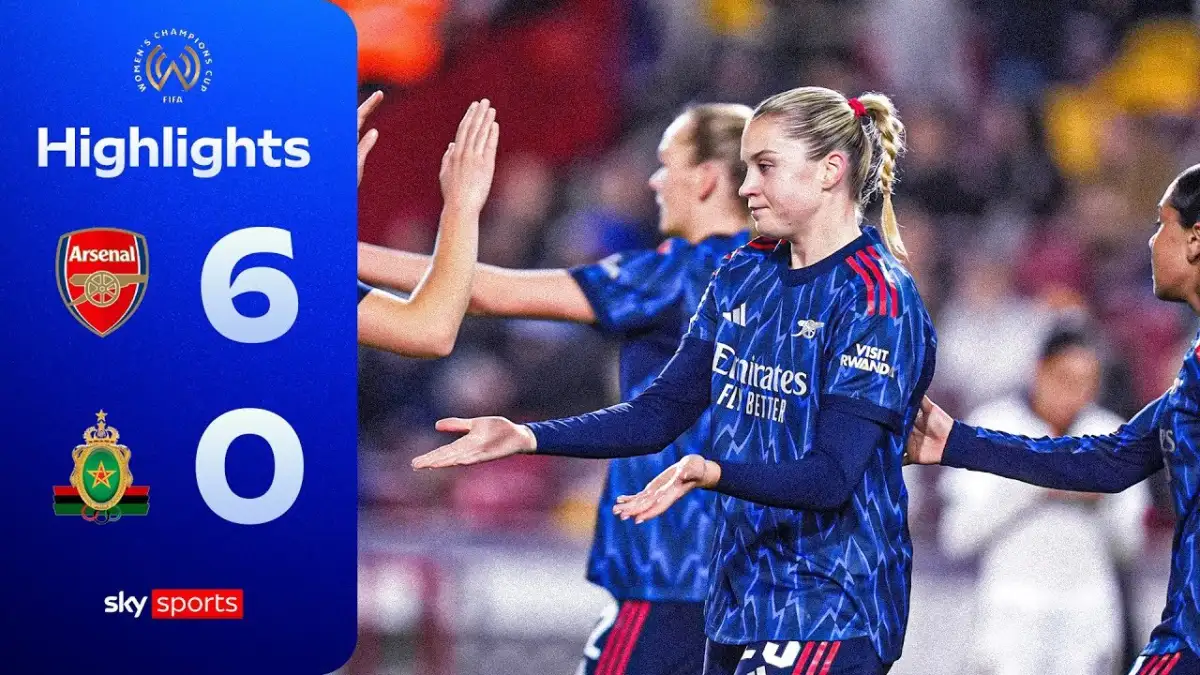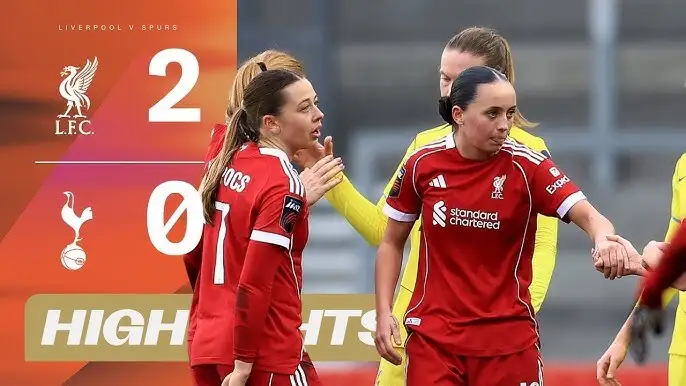Latest news from QueenBallers
Euro day two. Which players to watch today?
Today, July 3, fans will get to see Spain take on Portugal. These teams have already met in the Nations League, where Spain won convincingly 4-2 and 7-1. As tournament favorites, they will want to repeat this success. Which players should you watch?
Spain - Claudia Pina
She is only 23 years old and already has the Golden Boot from last year's Champions League to her name, where she scored ten goals. The young Barcelona star is riding a wave of success and, according to The Guardian, is one of the favorites to be the tournament's top scorer.
Italy - Arianna Caruso
The 25-year-old Italian grew up playing for Juventus, for whom she played more than 200 matches. She then went on loan to champions Bayern, where she signed a contract a few days ago and will play for the German giants from the new season onwards. She is known for her excellent reading of the game, combining offensive and defensive roles brilliantly.
Belgium - Tessa Wullaert
Who else should be chosen to represent Belgium than one of the biggest stars in Belgian women's football? The captain and most prolific player in the history of the Red Flames. The numbers speak for themselves: she has scored 92 goals in 145 international matches.
Portugal - Diana Silva
Portugal's biggest star, Kika Nazareth, is unfortunately struggling with a long-term injury. Although she has traveled to Portugal, it is unlikely that she will start in today's match. However, Sporting striker Diana Silva could also cause problems for the Spanish defense. It was she who scored two goals in the last round of the playoffs to secure Portugal's place in the tournament.
Pia Sundhage after Switzerland's loss: we’re going to bring out the best performance
For Swedish coach Pia Sundhage, the start of the tournament was not ideal. Her Swiss team lost their opening match against Norway 2-1. However, the 1984 European champion remains positive and believes her team can reach the playoffs.
- Despite her disappointment, Pia Sundhage praised the team's performance and promised a swift reaction: “Tomorrow we’re going to work again and bring out the best performance … I can promise you that.”
Read the full story here.
Euro day 2. Which games are on the schedule today?
On Thursday, July 3, the Women's European Championship continues, which began yesterday with Group A matches. Today, Group B is on the schedule, which includes the favored Spanish team. They will likely enter the match without their star player and Ballon d'Or winner Aitana Bonmatí, who was recently released from the hospital.
Belgium vs. Italy
- 18:00 (Central European time)
- Stade de Tourbillon (Sion)
- Capacity: 14 283
Spain vs. Portugal
- 21:00 (Central European time)
- Stadion Wandorf (Bern)
- Capacity: 32 000
Sadness for the home team. Norway defeated Switzerland 2:1 after a poor start
- Norway defeated Switzerland 2–1 in Basel, snatching a late win after the hosts initially took the lead in the second half
- Switzerland started strong, scoring first in 28th minute by Nadine Riesen
- The game’s momentum swung in Norway’s favour in the second half with shot by captain Ada Hegerberg, and unfortunate own goal by Julia Stierli
Find the whole match report here.
First match, first red card. Finland win 1:0 over Iceland in tournament opener
- Finland claimed a 1–0 victory over Iceland in their tournament opener.Although they entered the match as underdogs, they managed to defeat their opponents from the north.
- Midfielder Katariina Kosola (Malmö FF) scored the lone and match-winning goal in the 70th minute after persistent pressure and overcoming earlier missed opportunities.
- Iceland’s Hildur Antonsdóttir (Madrid CFF) received a second yellow card and was sent off in the 58th minute, reducing them to 10 players—which Finland capitalized on during the decisive period.
Read the full report here.
Finland is not among the tournament favorites. But they may surprise you!
Finland will kick off their UEFA Women’s Euro 2025 campaign today at 18:00 (central european time) in Thun, Switzerland, facing off against Iceland—their first game in Group A.
- Finland enters as the lowest-ranked team in the group (26th), positioned alongside Iceland (14th), Norway (16th), and hosts Switzerland (23rd).
- Finland and Iceland have met ten times, with Finland winning four, Iceland three, and drawing three matches. They've never faced each other in a major tournament before—predicting a tight contest.
Read the full article on Yle.fi
Blue Matilda. Chelsea sign Ellie Carpenter!
- Chelsea secured Ellie Carpenter, 25‑year‑old Australian right-back, from OL Lyonnes on a four‑year contract lasting until 2029.
- Despite her youth, she boasts two Champions League titles (2020, 2022) with Lyon, five domestic league titles across Australia and France, and became the youngest female footballer at the Rio 2016 Olympics at just 16.
Read the full story here.
She is back home. Chloe Kelly signs permanently for Arsenal
- Arsenal confirmed the permanent signing of 27‑year‑old England forward Chloe Kelly on a free transfer, following the expiration of her Manchester City contract.
- Kelly joined Arsenal on loan in January, making 13 appearances, scoring two goals, assisting five, and delivering a standout Champions League final display in the 1–0 win over Barcelona.
Read the full article.
